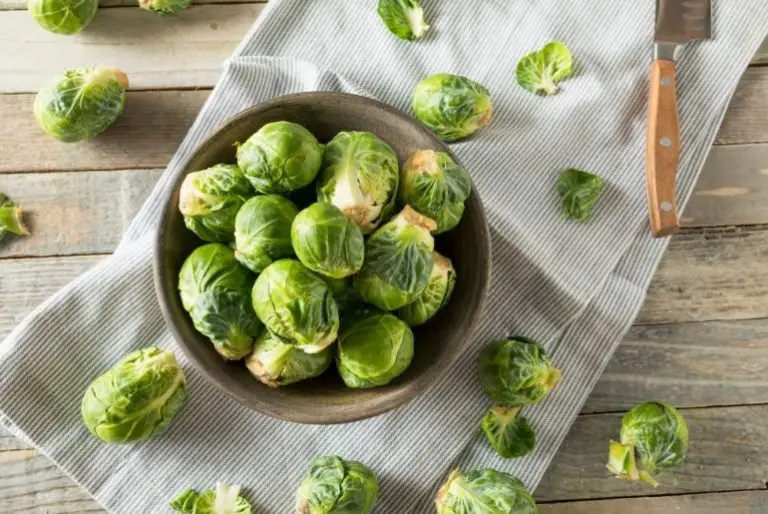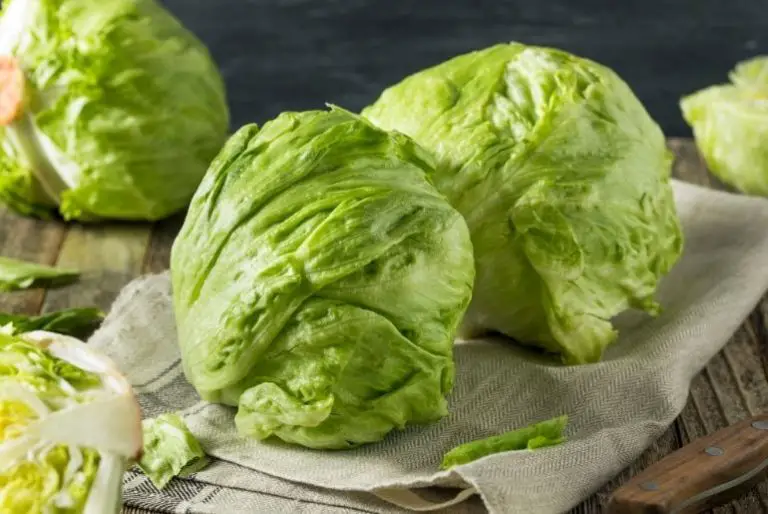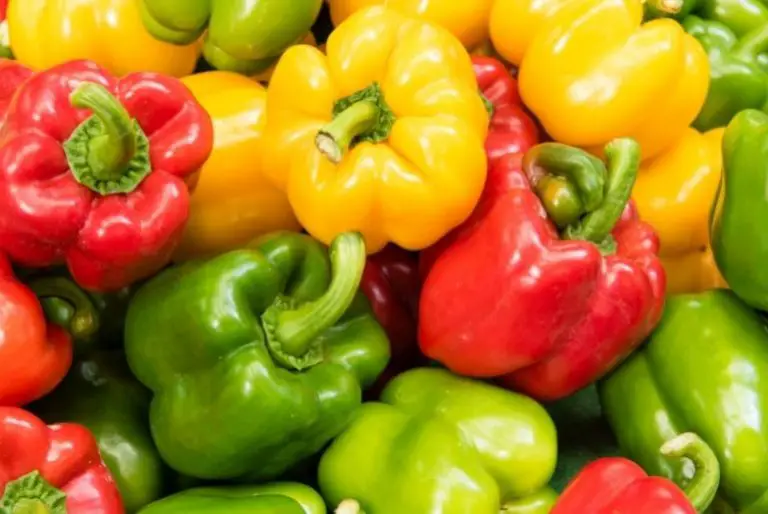Can Guinea Pigs Eat Honeydew? (Risks & Benefits)
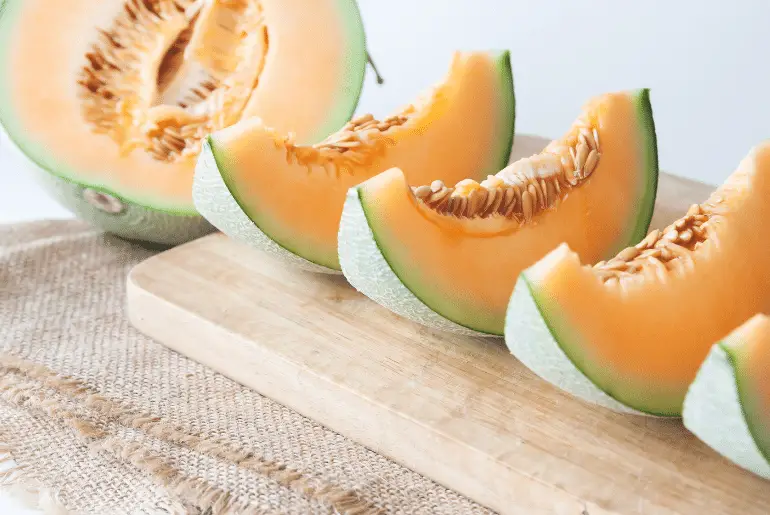
Yes, without a doubt. Guinea pigs are allowed to eat honeydew. The best part is that this flavorful melon can be served to guinea pigs daily. It’s a wonderful way to keep cool, especially during the hot summer months.
However, numerous people are still unsure whether honeydew is safe for guinea pigs to eat and whether there are any health advantages or hazards linked with providing them with this melon.
Contents
Do Guinea Pigs Like to Have Honeydew?
Melons are delicious and have several health advantages. Honeydew melon is healthy for guinea pigs to consume. It is a good source of Vitamin C, significantly lower in calories, and a good source of fiber.
Nonetheless, honeydew comprises just 11mg of phosphorus and 6 mg of calcium, leading to phosphate stones. To avoid this, guinea pigs’ calcium intake will be somewhat more significant than phosphate consumption.
Furthermore, because guinea pigs are not intended to consume considerable sugar, their sugar level can result in dental problems and overweight.
That’s fantastic news since your guinea pig can consume honeydew on occasion. The hazards of honeydew are not as severe as they appear at the initial look.
The disadvantages are readily mitigated by eating honeydew melon amongst other nutritious veggies. Vegetables with reduced sugar content and a high phosphorus-to-calcium ratio are preferred.
What Are the Nutrition Facts of Honeydew Melon?
There are the following nutrients in 100 g (3 oz.) of honeydew melon:
- Total of 36 calories
- 9% iron
- 1% Vitamin A
- 1% zinc
- 1% calcium
- 4% Vitamin K
- 30% Vitamin C
- 1% copper
- 4% Vitamin B6
- 1% phosphorous
- 1% manganese
- 1% selenium
- 1% copper
- 5g protein
- 1g fat
- 1g sugar
- 0mg cholesterol
- 1g carbs
- 18mg sodium
- 8g fiber
- 228mg potassium
Honeydew melon may be available throughout the year. However, the most refined flavor is frequently located during the summer season.
What Are the Health Benefits of Guinea Pigs Eating Honeydew?
1. Healing Power
Guinea pigs who consume honeydew regularly have a greater capacity to heal injuries. That’s because honeydew includes Vitamin C, which is considered to aid in the healing process.
If not for Vitamin C, then that would take quite some time for guinea pigs to recover, and the wounds could become contaminated, creating a significant health risk.
2. Honeydew Avoids Calcium Deficiency
A full-grown guinea pig needs to ingest 5-130mg of calcium on a given workday. With time as they mature, the juvenile guinea pigs also require a lot of calcium, and honeydew is an excellent source for that!
Whenever a guinea pig does not get sufficient calcium in its system, it would suffer nutritional deficiencies, leading to terrible diseases for both adult and juvenile guinea pigs.
3. Reduce Vitamin C Deficiency
Guinea pigs rely on many food items to obtain Vitamin C simply because they don’t produce enough. Whatever meal they consume is another one of those things, and honeydew melon is among them.
The honeydew is reported to be high in Vitamin C. It contains an estimated 18mg of Vitamin C per 100mg. As a result, it is the most acceptable source of Vitamin C for guinea pigs.
Are There Any Risks of Feeding Honeydew Melon to Guinea Pigs?
1. Poor Digestion
Honeydew melons are tasty and nutritious, but they contain sugars. These glucose molecules are poorly digested in guinea pigs, and their intestines are not intended for high-sugar, high-fat meals. When a guinea pig eats excessive sugar, it can develop loose stools or stomach problems.
2. Bacterial Effects
Regrettably, melons, particularly honeydew and cantaloupe melon, can have dangerous germs on their skin, including salmonella. This is due to the roughness of their rind, which allows bacterial organisms to become stuck there during development and transit readily.
As a result, while consuming melons or giving honeydew melons to guinea pigs, you must use extreme caution. Carefully and thoroughly rinse the honeydew with freshwater before carving.
You could also use various vegetable tools to clean any germs from the exterior preceding its slicing. To reduce the possibility of contaminating the honeydew interior, it is also necessary to wash your hands, table, and cutlery. Finally, store these melons in the refrigerator at all times.
3. Urinary Issues
The honeydew includes calcium. And as the guinea pig reaches adulthood, calcium turns detrimental because that can create several issues in the urinary system of an adolescent guinea pig. When this element accumulates in the urinary system, it might form kidneys or bladder stones for young or adult guinea pigs.
Other Fruits to Feed Your Guinea Pig
Apple
Apple is a delicious fruit for your guinea pigs. It’s nutrient-dense and good for them to consume. Excluding the seeds, they may eat any area of the apple.
Blueberries
Blueberry is another delicious fruit for guinea pigs. It’s sweet and nutritious, making it a good choice for them to eat. Blueberries, either frozen or fresh, can be fed to them. Feed your guinea pigs with blueberries in moderation.
Cantaloupe
Quite similar to honeydew, cantaloupe is considerably sweeter and has a darker-colored interior. Cantaloupe should be fed to guinea pigs in small proportions. Either once or twice per week, a tiny piece of cantaloupe will be more than enough.
Frequently Asked Questions
Can Guinea Pigs Have Honeydew Every Day?
They additionally require a varied diet rich in fruits and veggies. It is suggested that guinea pigs be fed honeydew two to three times each week. That means you don’t have to worry too hard about the hazards we outlined before.
Can Guinea Pigs Eat the Whole Honeydew?
Guinea pigs cannot consume an entire honeydew since it is hazardous to their stomach. You should restrict your honeydew portions to a few small melon slices or chunks. For instance, two to three extremely tiny blocks are sufficient.
Can Guinea Pigs Eat Honeydew Seeds?
Guinea pigs should not eat honeydew melon seeds since they are a swallowing danger. That’s why, even though the seeds are little and delicate, we advise extracting them before serving honeydew melon to guinea pigs.
Is It Okay To Feed Watermelon to Guinea Pigs?
That’s correct; giving your guinea pig a tiny piece of watermelon as a reward is perfectly fine, and they’ll actually thank you for it! A guinea pig can eat a couple of little chunks of watermelon per day.
How To Feed Honeydew to Guinea Pigs?
Feeding honeydew to guinea pigs is a straightforward process. Give them a slice of honeydew that has been sliced. To check whether your guinea pig would consume the rind as well, leave it on. They’ll just leave it alone and consume the honeydew flesh if they don’t.
Conclusion
This is the greatest natural treat you’ve ever had – delicious, nourishing, refreshing, and juicy. It’s not only delicious, but it’s also nutritious, and consuming honeydew has numerous advantages for people.
So, can guinea pigs eat honeydew? Yes, and offering honeydew to the guinea pigs may provide several health advantages. Due to its significant Vitamin C composition, however, there are a few other factors to consider.
Bear in mind that the phosphorus to calcium proportion is quite hazardous. Nevertheless, you may serve your guinea pig a honeydew on a few occasions per week because other nutritious veggies readily outweigh the hazards.

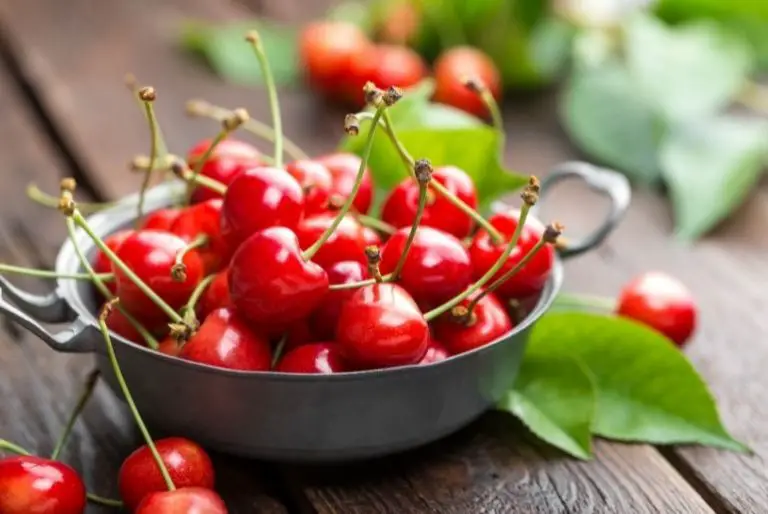
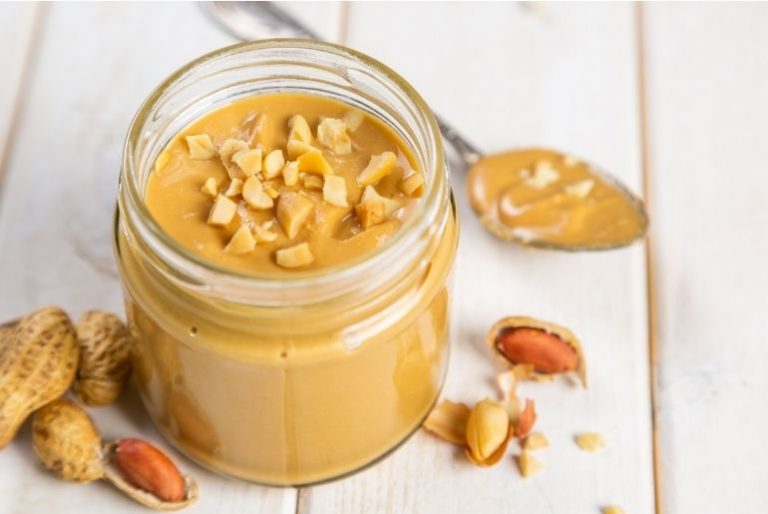
![Can Guinea Pigs Eat Celery? [Including Stalk, Leaves & Root]](https://petcoddle.com/wp-content/uploads/2022/07/Can-guinea-pigs-eat-celery-768x514.jpg)
